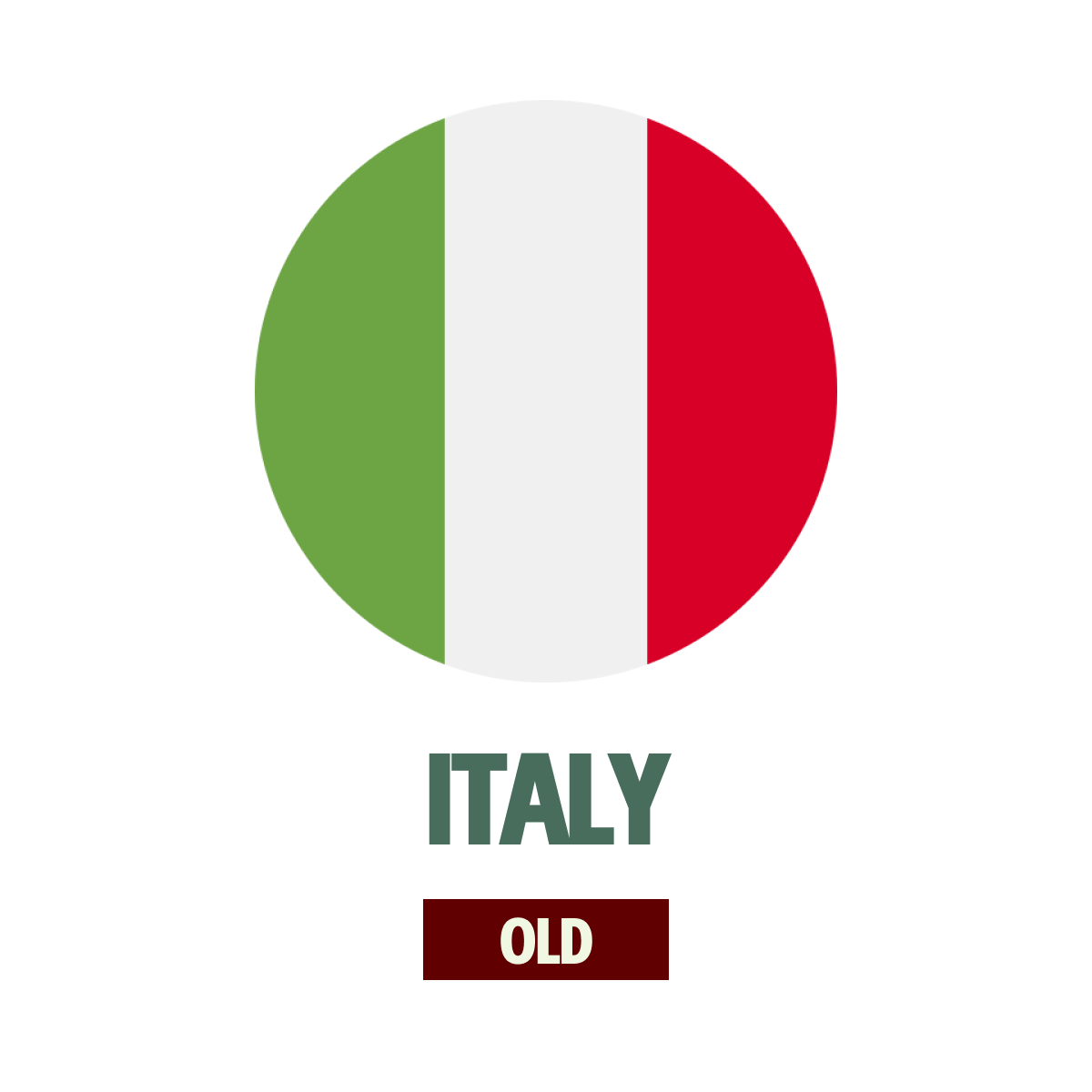
Italy has a winemaking tradition that dates back thousands of years, with evidence of vine cultivation and wine production found in ancient archaeological sites. The country is known for its unique grape varieties, terroir-driven wines, and a classification system that reflects the diversity of its wine regions.
Winemaking History & Terroir
Italy's winemaking history is deeply intertwined with its cultural and culinary heritage. The country's diverse terroir, ranging from the Alpine foothills in the north to the sunny islands of Sicily and Sardinia, provides an ideal environment for grape cultivation. Italy's climate, influenced by the Mediterranean, Alpine, and Adriatic conditions, contributes to the wide range of wine styles produced across its regions.
Common Grape Varietals & Wine Styles
Italy boasts a vast array of indigenous grape varieties, each contributing to the unique character of its wines. Some key grape varieties and wine styles include
Sangiovese
The primary grape in Tuscany, Sangiovese is the backbone of renowned wines like Chianti and Brunello di Montalcino.
Nebbiolo
Cultivated in the Piedmont region, Nebbiolo gives rise to iconic wines such as Barolo and Barbaresco, known for their complexity, high acidity, and age-worthiness.
Primitivo and Zinfandel
While Zinfandel in California, Primitivo in Puglia, Italy, shares a genetic origin. Primitivo wines are rich and bold, often showcasing dark fruit flavors.
Barbera
Common in Piedmont, Barbera produces wines with bright acidity, making them food-friendly and approachable.
Glera
The grape responsible for Prosecco, Glera is widely planted in the Veneto region, producing sparkling wines with floral and fruity notes.
Montepulciano
Found in central and southern Italy, Montepulciano is the key grape in wines like Montepulciano d'Abruzzo, known for their approachable and versatile character.
Major Winemaking Regions
Italy is divided into several wine regions, each with its own Denominazione di Origine Controllata (DOC) and Denominazione di Origine Controllata e Garantita (DOCG) classifications. Some major wine regions include
Tuscany
Known for Sangiovese-based wines like Chianti, Brunello di Montalcino, and Vino Nobile di Montepulciano.
Piedmont
Famous for Nebbiolo wines like Barolo and Barbaresco, as well as Barbera and Dolcetto
Veneto
Home to Prosecco and Amarone della Valpolicella, Veneto is a key region for sparkling and rich, dry red wines
Sicily
The largest island in the Mediterranean, Sicily produces a variety of wines, including Nero d'Avola and white wines from Grillo and Catarratto.
In Conclusion
In conclusion, Italy's contribution to the world of wine is immense, and its vinicultural landscape is as diverse as its regional cuisine. From the structured reds of Tuscany to the elegant wines of Piedmont and the refreshing whites of Veneto, Italy continues to captivate wine enthusiasts with its rich tapestry of flavors and styles. The commitment to indigenous grape varieties, combined with a deep respect for tradition, makes Italian wines an integral part of the global wine scene




















































